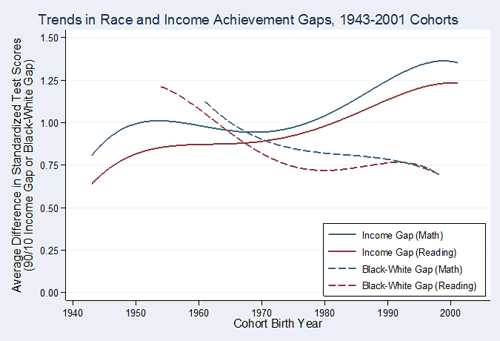The Center for Ethics and Education has announced an essay prize for the best submitted paper by a graduate student “that uses philosophical insight and argument to address an important issue in educational policy and/or practice”. The deadline is Feb 1 2018, and the first prize is $3000. If you can, please circulate this link widely to students who might be interested. Please don’t think this is only for students who identify as philosophers of education: we are trying to induce talented philosophers to work on issues in education and talented scholars of education to think more philosophically about their subject. The full call is as follows (pasted from the link):
The Center for Ethics and Education is pleased to announce an essay competition for graduate students. We are looking for essays that use philosophical insight and argument to address an important issue in educational policy and/or practice. The problem the essay addresses might arise in early childhood education, compulsory education, or post-secondary education, or in the way children are raised in families. The essay might, for example, concern any of the following topics:
The proper content of moral education and of the rights of parents to choose its content
The place of religion in schools
Justice and efficiency in the allocation of public funds across schools and school districts
The proper aims of schooling in a democratic society
The commercialization of schools and childhoods generally
The obligations to students with special educational needs
The rights of students to privacy, freedom of expression, or freedom of association
Ethical issues of teaching or school leadership
The rights and obligations of teachers with respect to abusive or violent children
Ethical considerations in college admissions and enrollment
We emphasize that this list is illustrative and not exhaustive.


